Early to Rise
Related
Browse all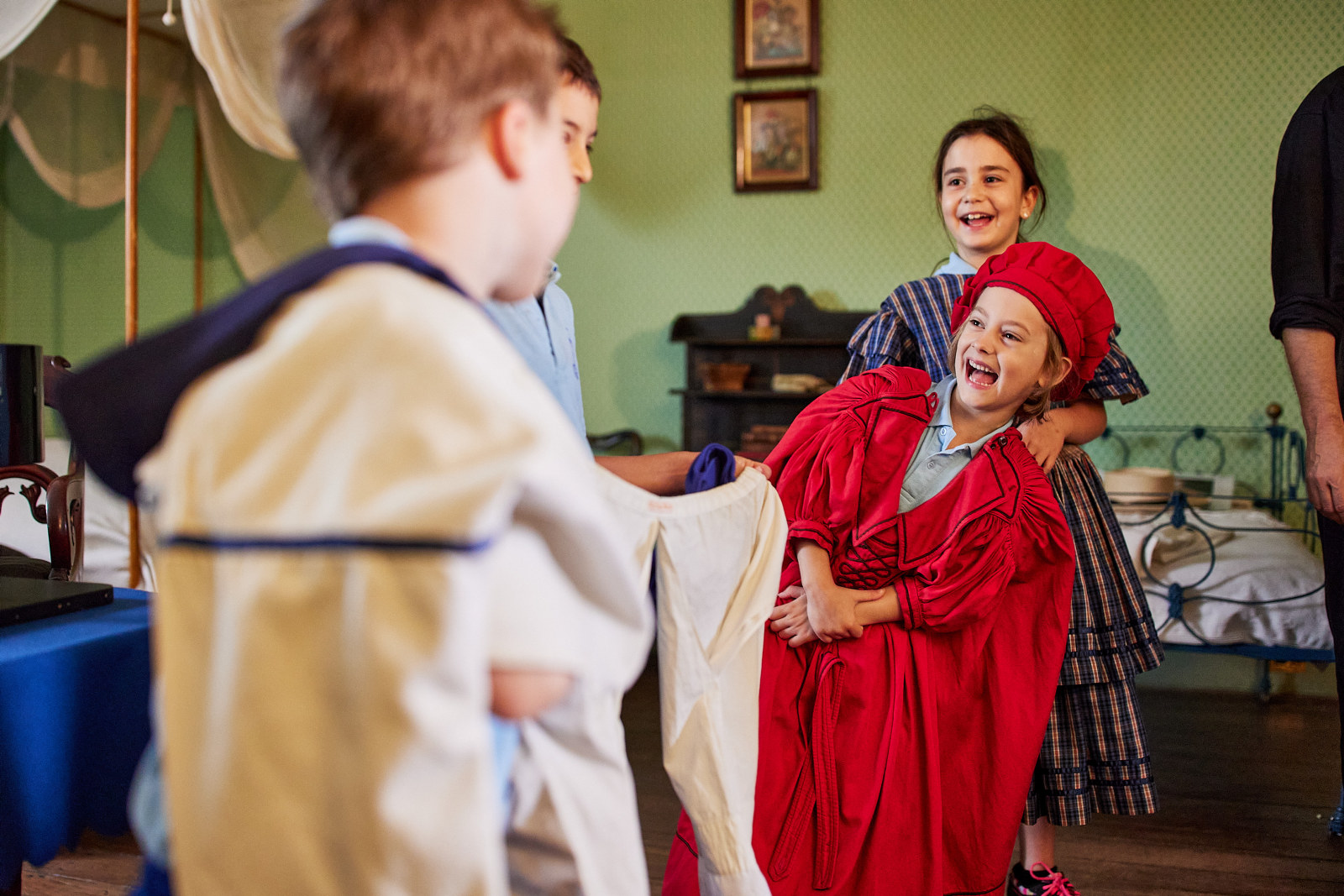
Onsite
Child's Play
Students learn about what it was like to live at Vaucluse House for the wealthy family of William Charles and Sarah Wentworth, with their ten children and many servants
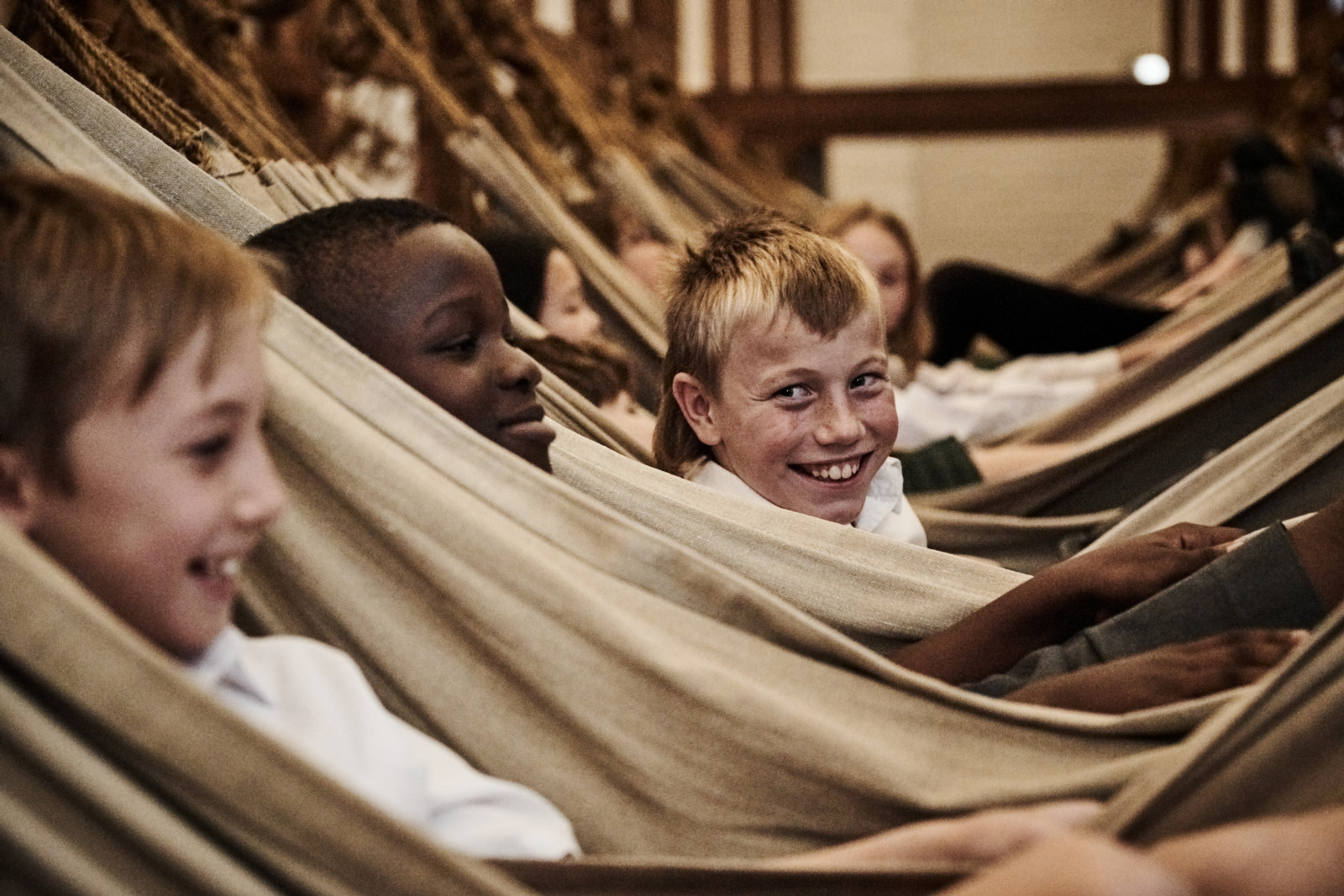
Onsite
History Adventures at the Barracks
Join us for a one-of-a-kind museum experience, where kids will discover what life was for the convicts at the Hyde Park Barracks!
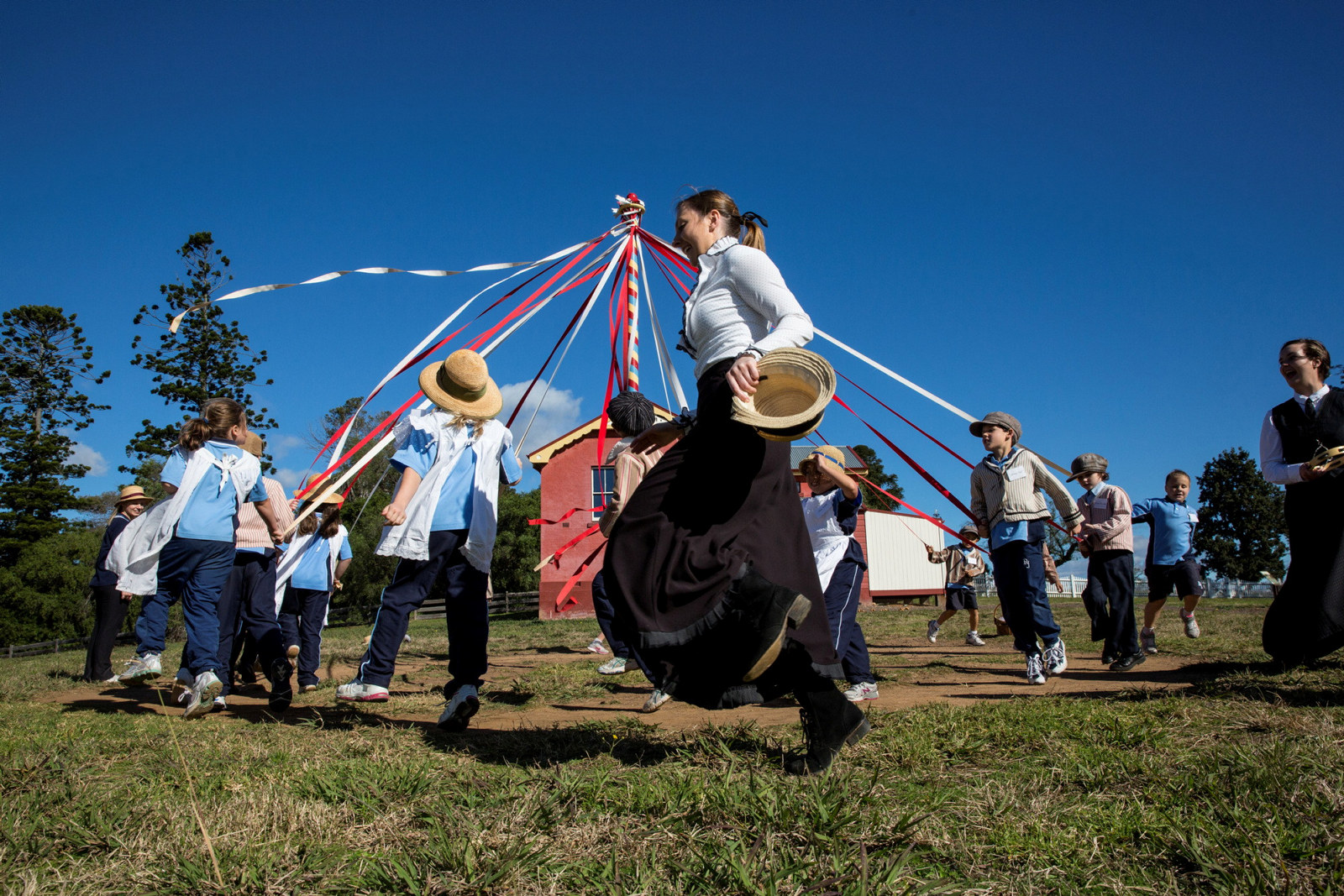
Onsite
Lessons from the Past
Integrating outcomes from History, PDHPE and Creative Arts, this program gives students the opportunity to learn firsthand about what school life was like in the late 19th century
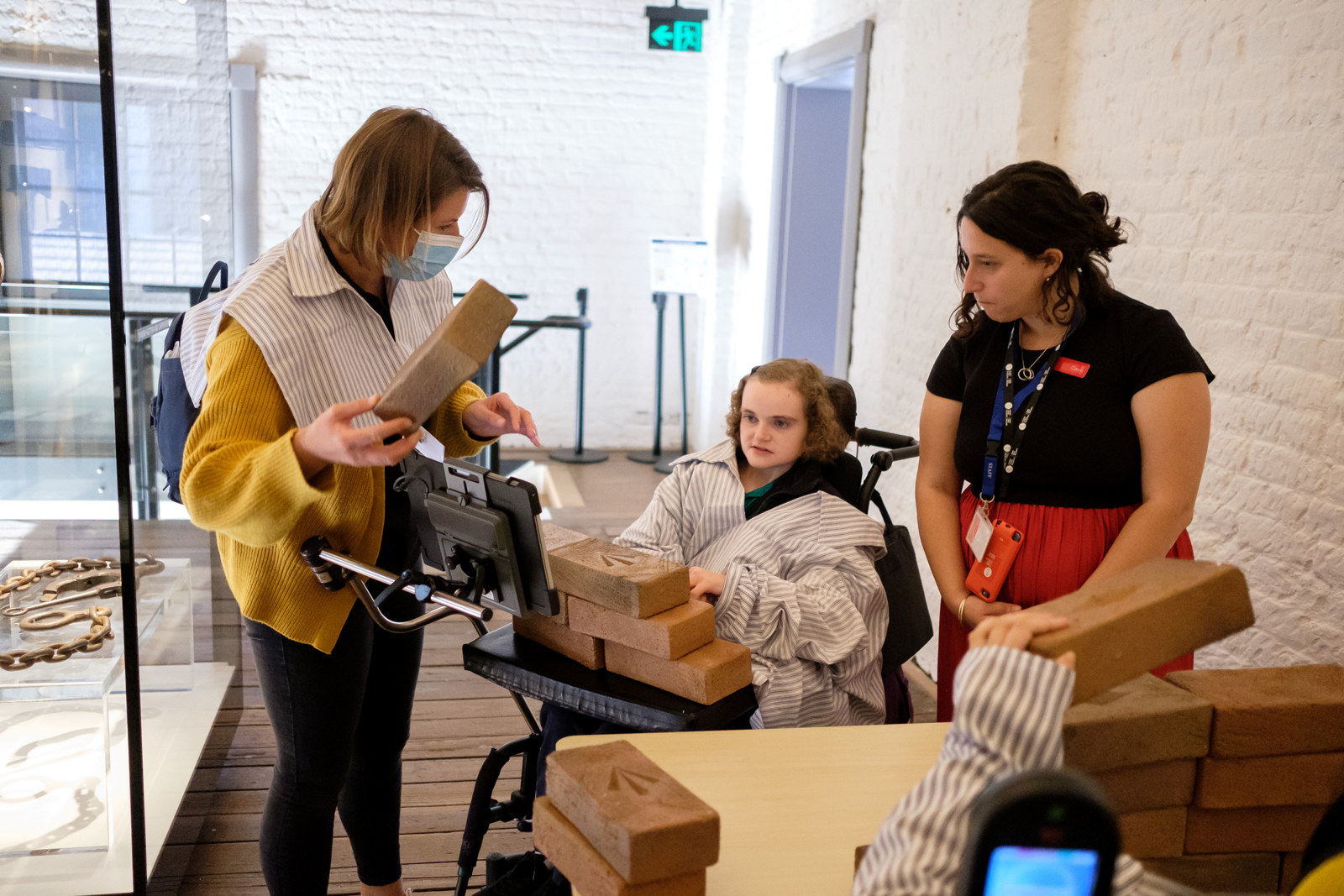
Onsite
Making Connections accessible program
Onsite program at the Hyde Park Barracks for primary and secondary school students with access requirements
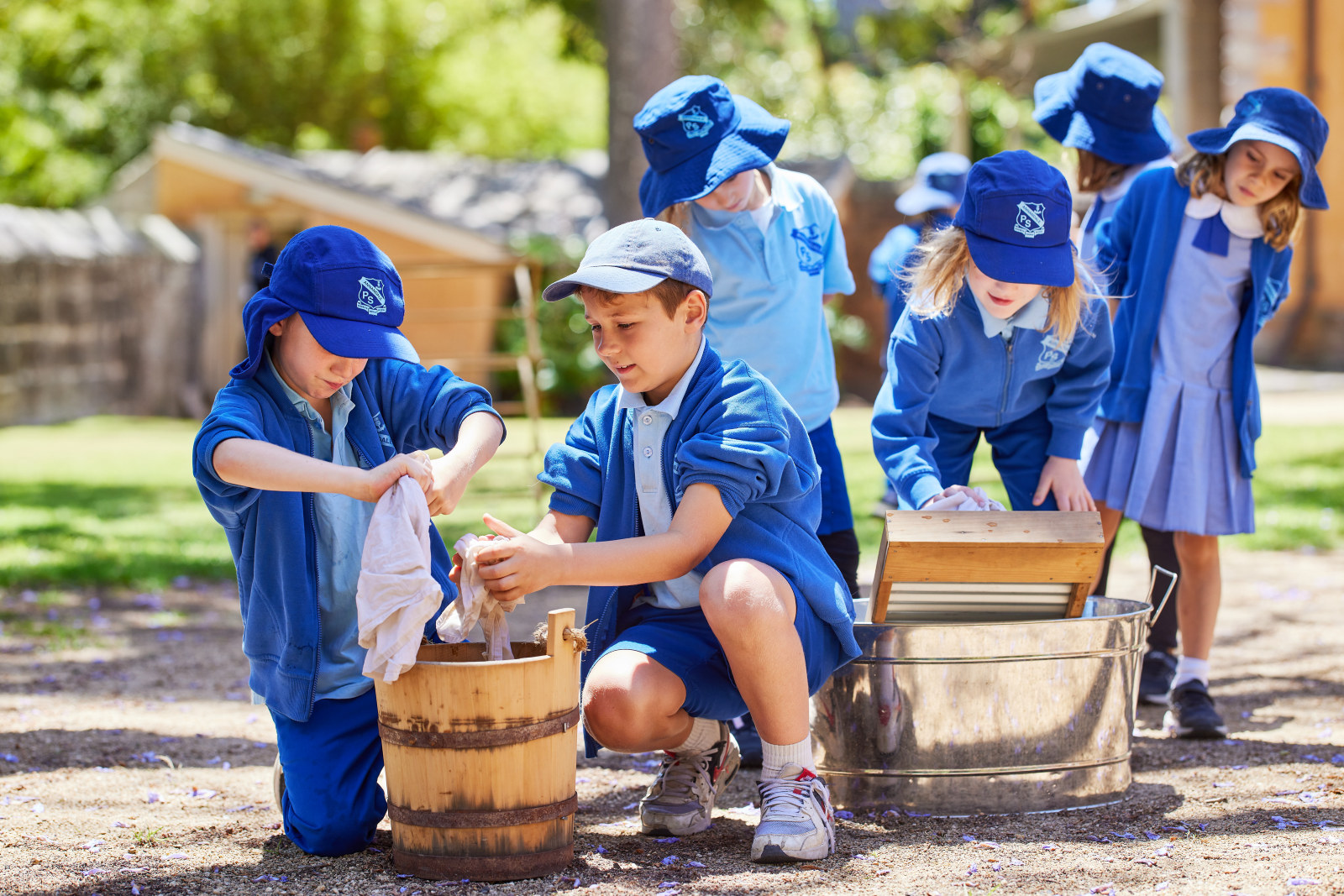
Onsite
Now and Then
As students are guided through the property, they discover that the household lived without the benefits of running water, bathrooms, electricity, appliances or paved roads
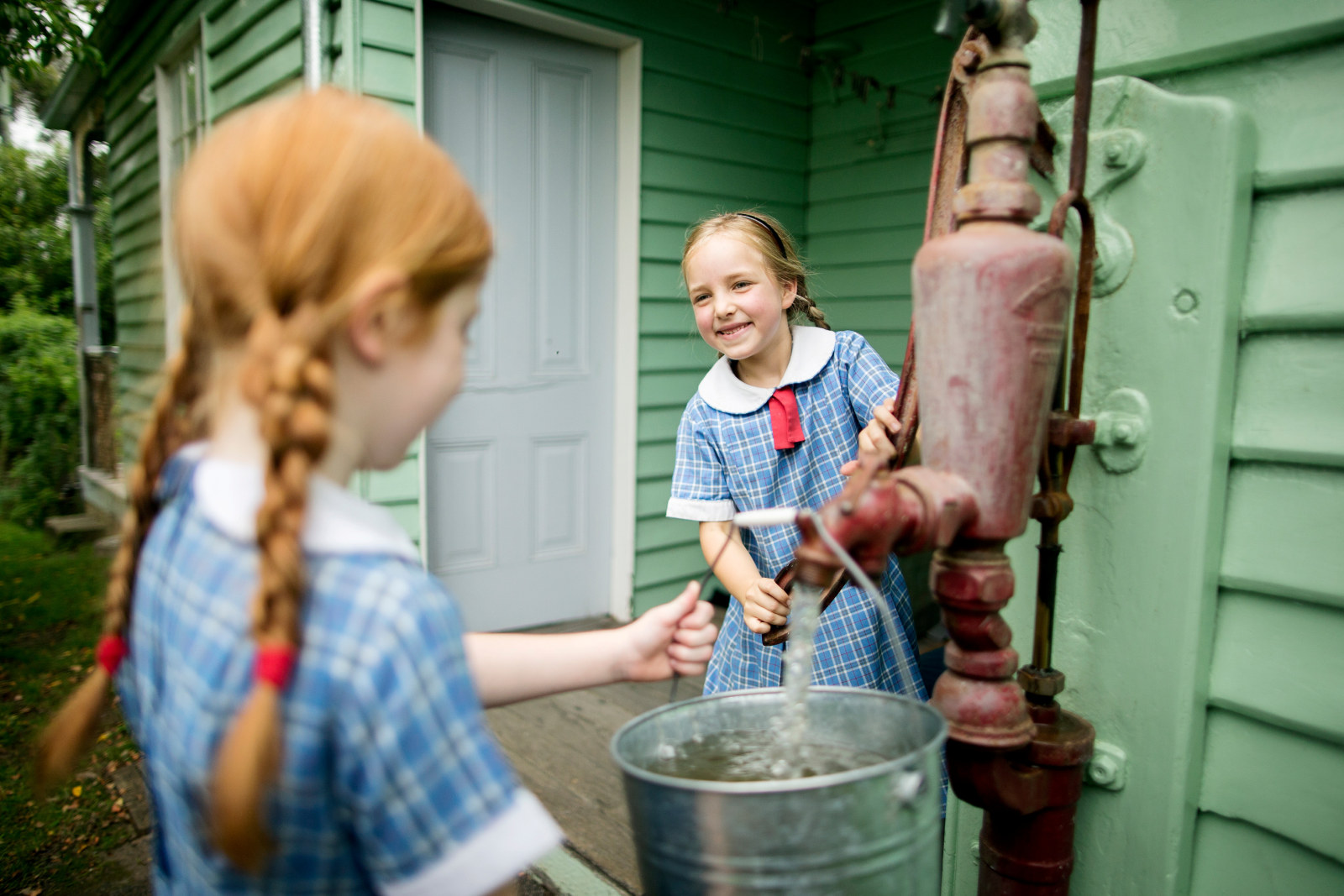
Onsite
Then and Now: Playing with the Past
Students investigate how home life has been changed by the domestic and leisure technologies introduced since the late 19th century as they explore Meroogal, built in 1886